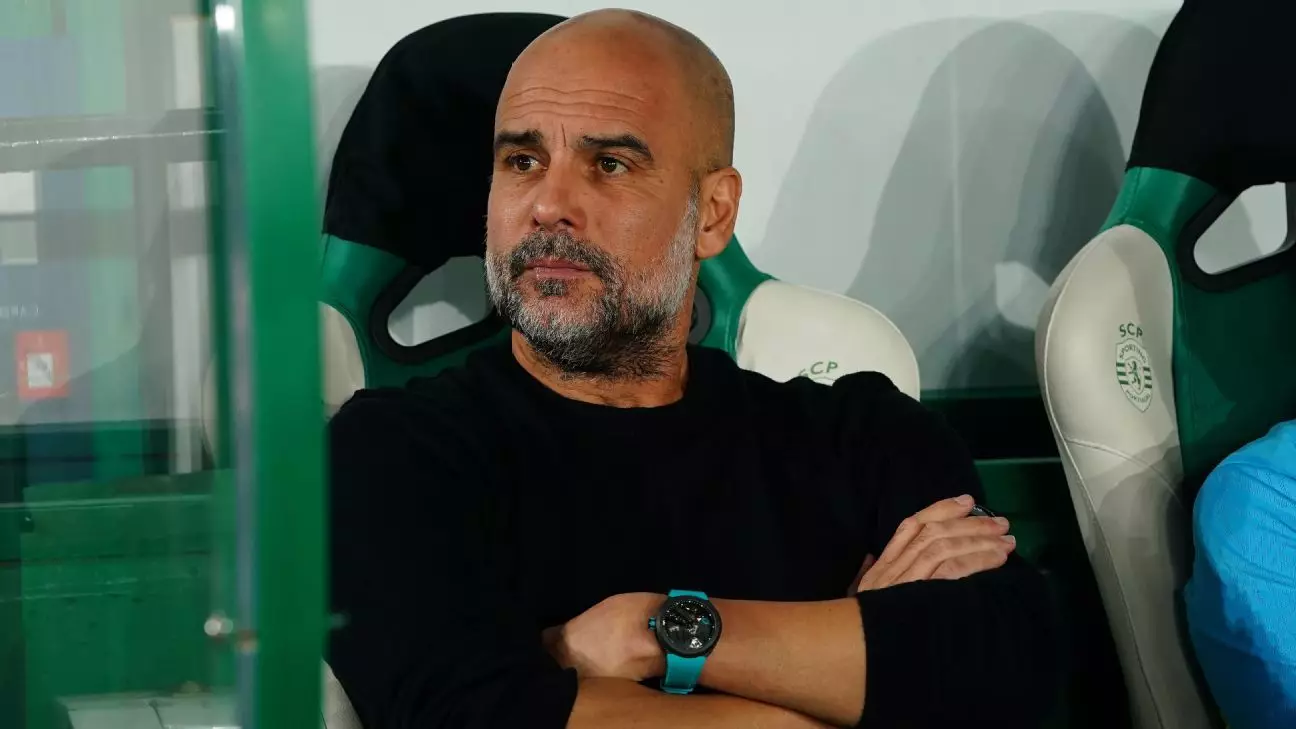The recent decision to include Jack Grealish in the England squad for upcoming matches has sparked a noteworthy debate in the football community. Manchester City manager Pep Guardiola is at odds with England Under-21 coach Lee Carsley regarding the fitness and availability of the star midfielder. Grealish has been nursing an injury since the end of October, leading to questions about the appropriateness of his selection for international duty when he hasn’t been able to contribute to his club.
Grealish’s last appearance for Manchester City came during a tightly contested 2-1 victory over Wolverhampton Wanderers, after which his fitness took a hit. Guardiola, while frustrated, maintains that Grealish has not been fit enough for club duty, which directly conflicts with Carsley’s assertion that the player has been involved in training. This discrepancy raises crucial questions about communication and the responsibilities of powers in club and international football. Is it even prudent for a national manager to call up a player without confirming his injury status with the club’s hierarchy?
Guardiola’s comments highlight his concern for Grealish’s health and the integrity of his team. While he is not in the business of outright stopping players from representing their nations, he clearly emphasizes that the player is not ready to play. His reluctance to criticize Carsley too harshly suggests a level of professionalism; yet, he firmly believes that club loyalty should come first in circumstances where a player’s fitness is in question. This situation underscores the ongoing tension between club obligations and national pride, especially for players who desire to represent their country.
Interestingly, despite his fitness concerns, Grealish has expressed his desire to join the England squad. This determination reflects the inner conflict that many players face: the ambition to don the national jersey can sometimes override the caution warranted by physical limitations. However, this raises ethical considerations about the responsibilities of managers in safeguarding players’ health when the pressure to perform at the national level can be overwhelming.
For Manchester City, the stakes are high. Entering the match against Brighton without a win in their previous three games puts Guardiola’s position under scrutiny. For a manager with a legacy of ensuring winning streaks, the thought of losing a fourth consecutive match is unthinkable. It shows how critically interconnected the player’s health and team performance are in the high-stakes environment of elite football.
As managers like Guardiola navigate the complexities of player health and international commitments, it becomes clear that communication is paramount. This incident serves as a reminder that the relationship between club and country is fraught with challenges. Everyone involved must balance players’ ambitions with the practicality of their fitness levels, which, if not handled carefully, could result in detrimental effects on both club performance and national team efficacy. In this ongoing saga surrounding Grealish, the hope is that a path can be forged that respects the needs of all parties involved.

